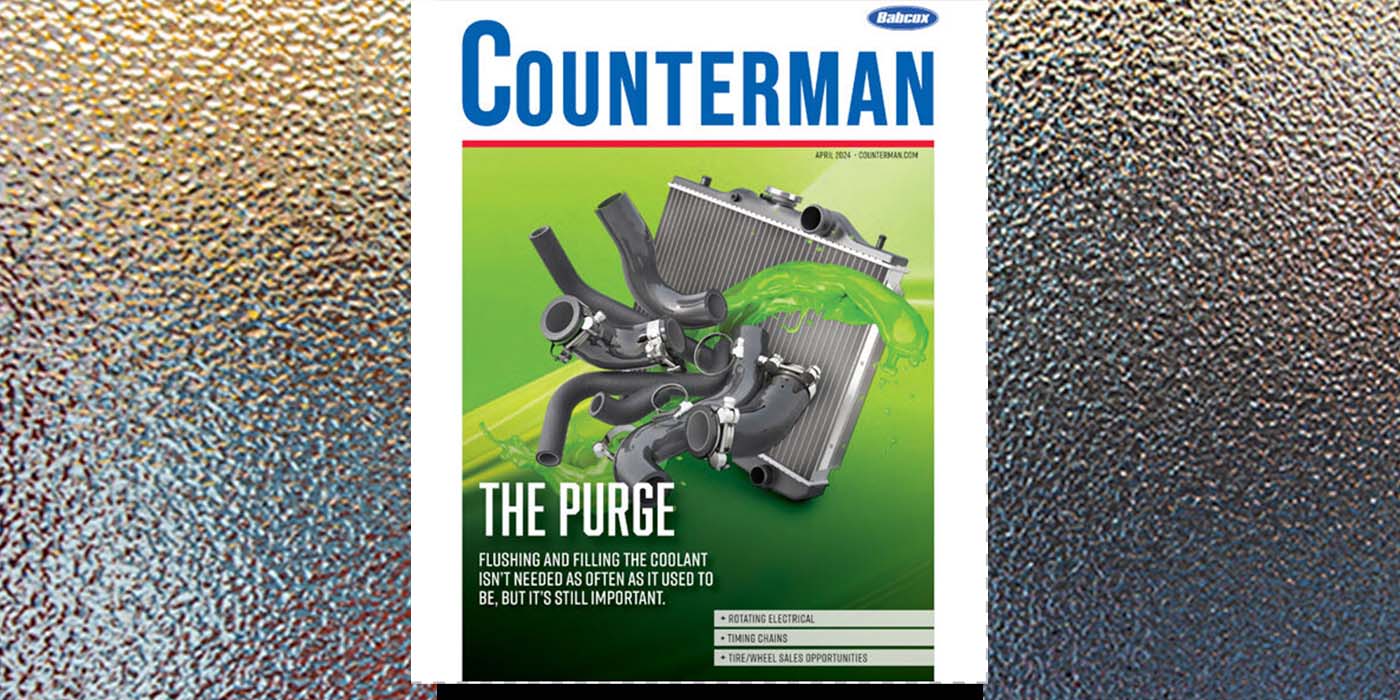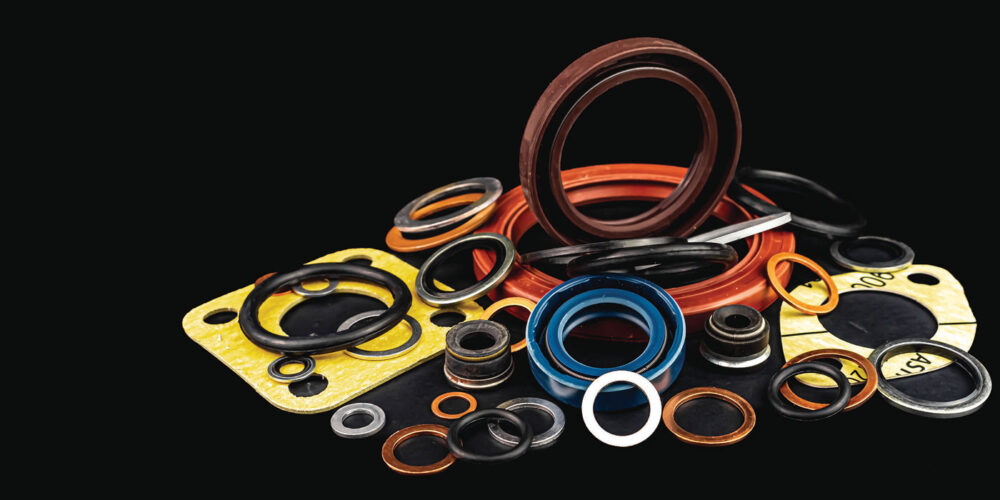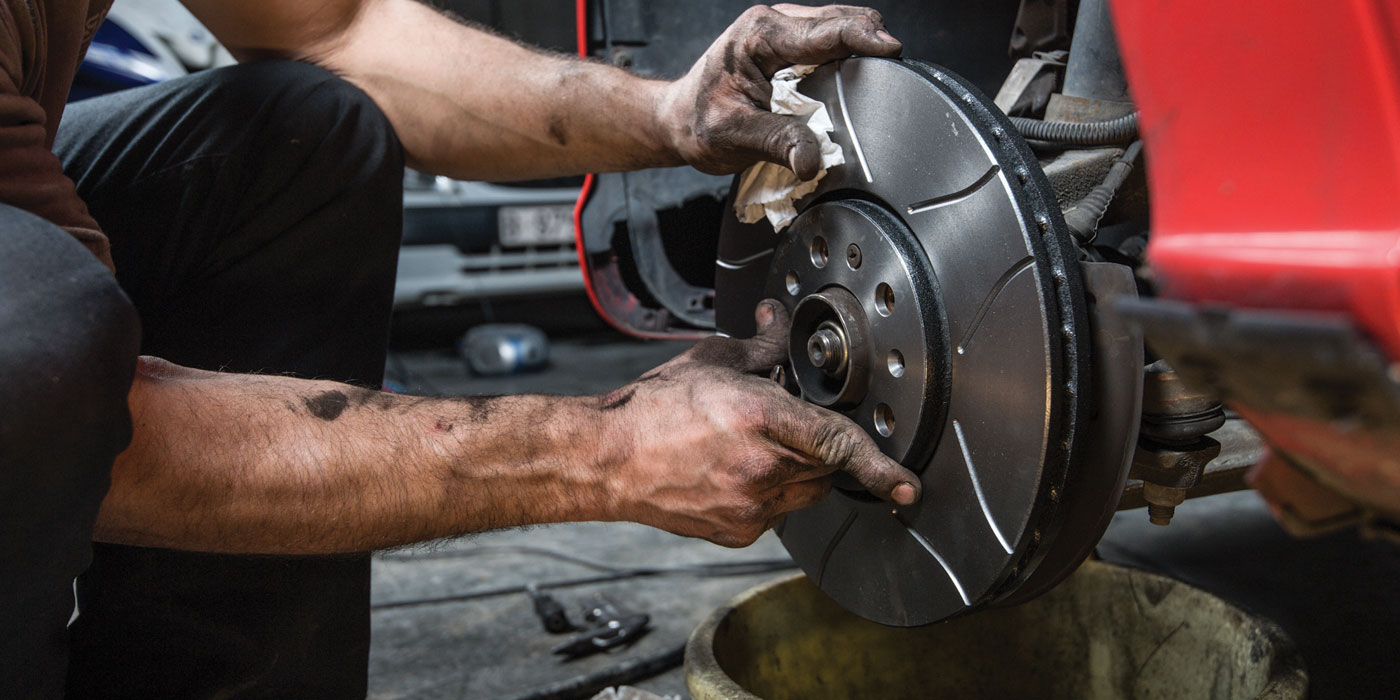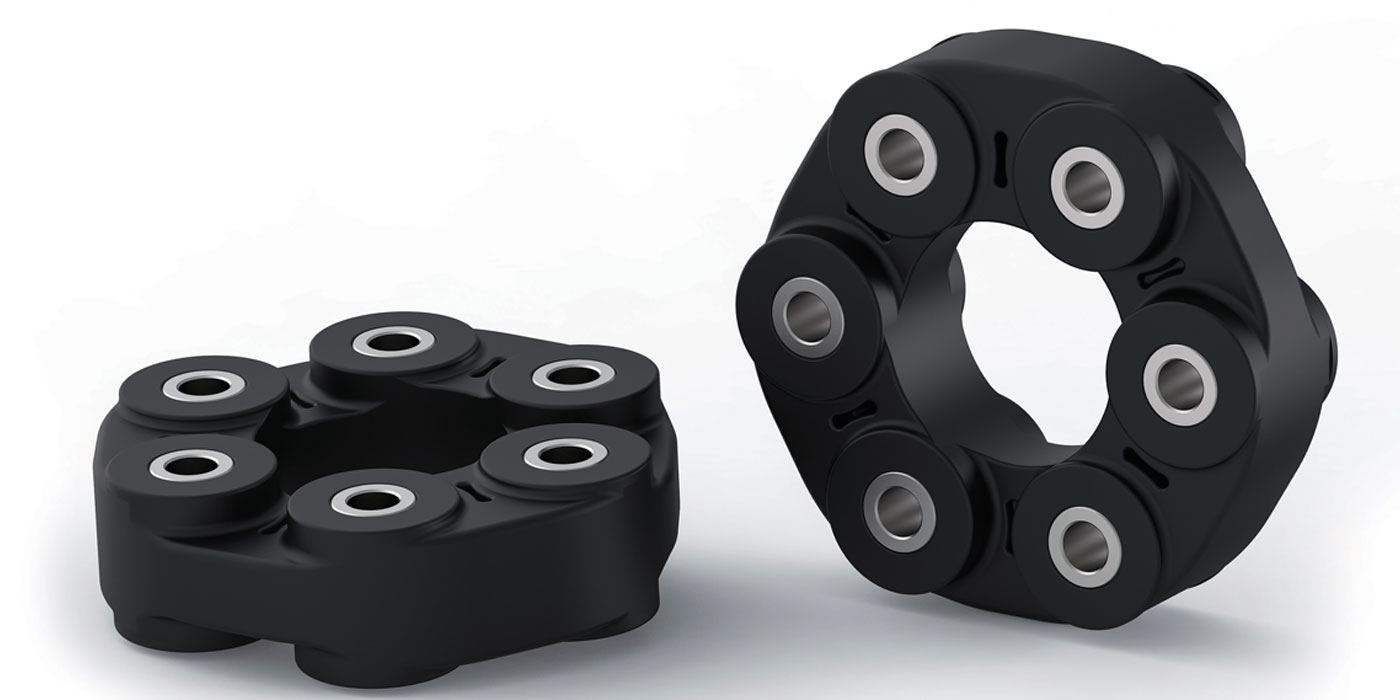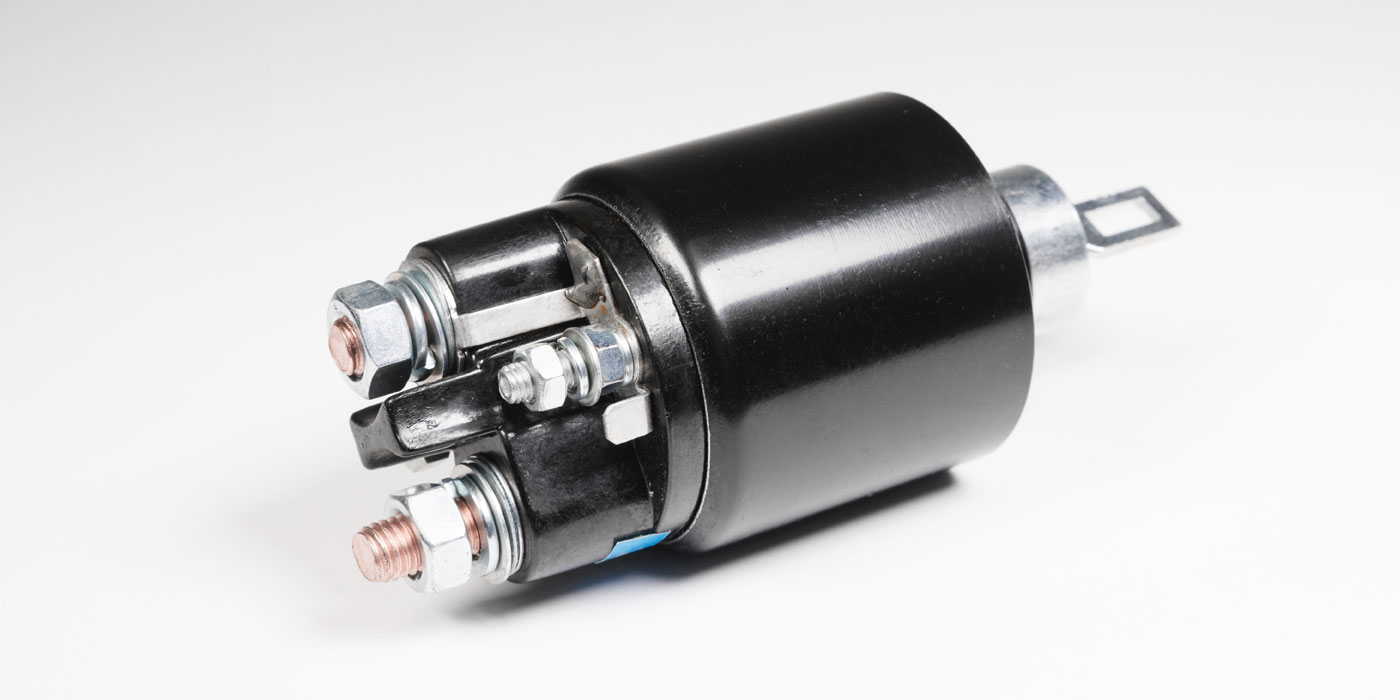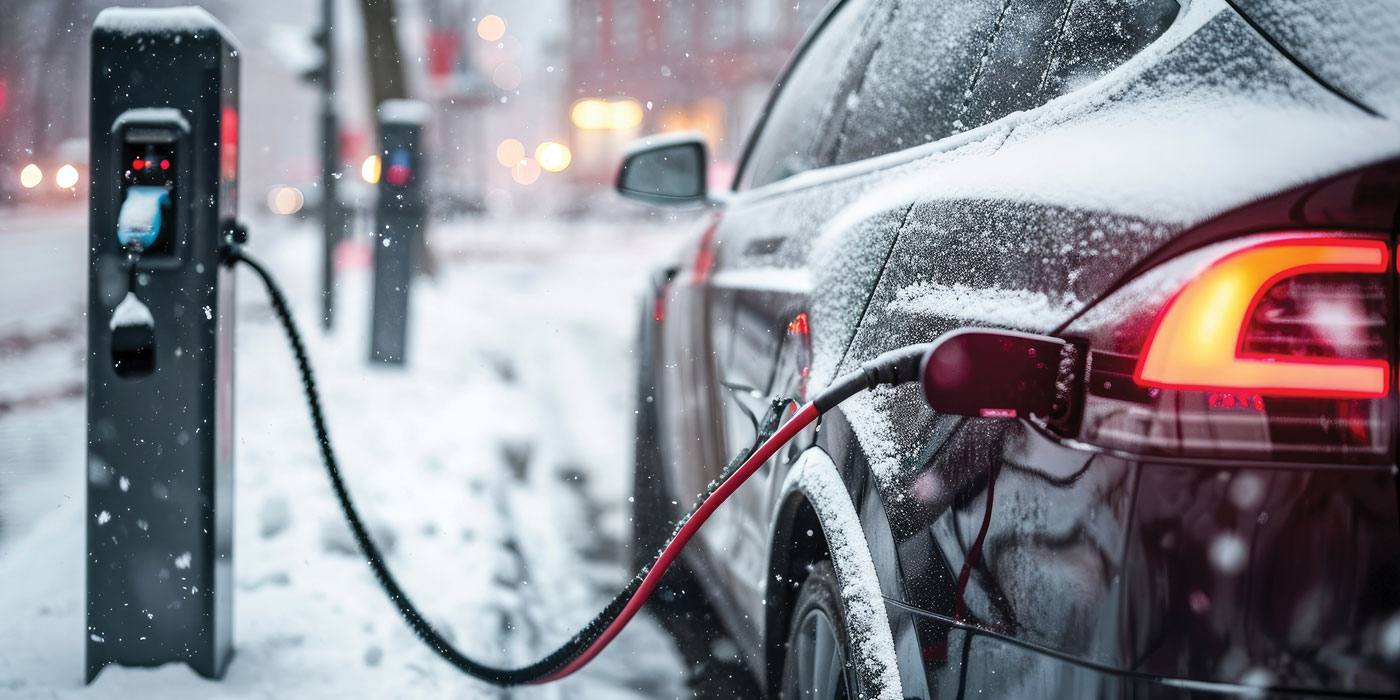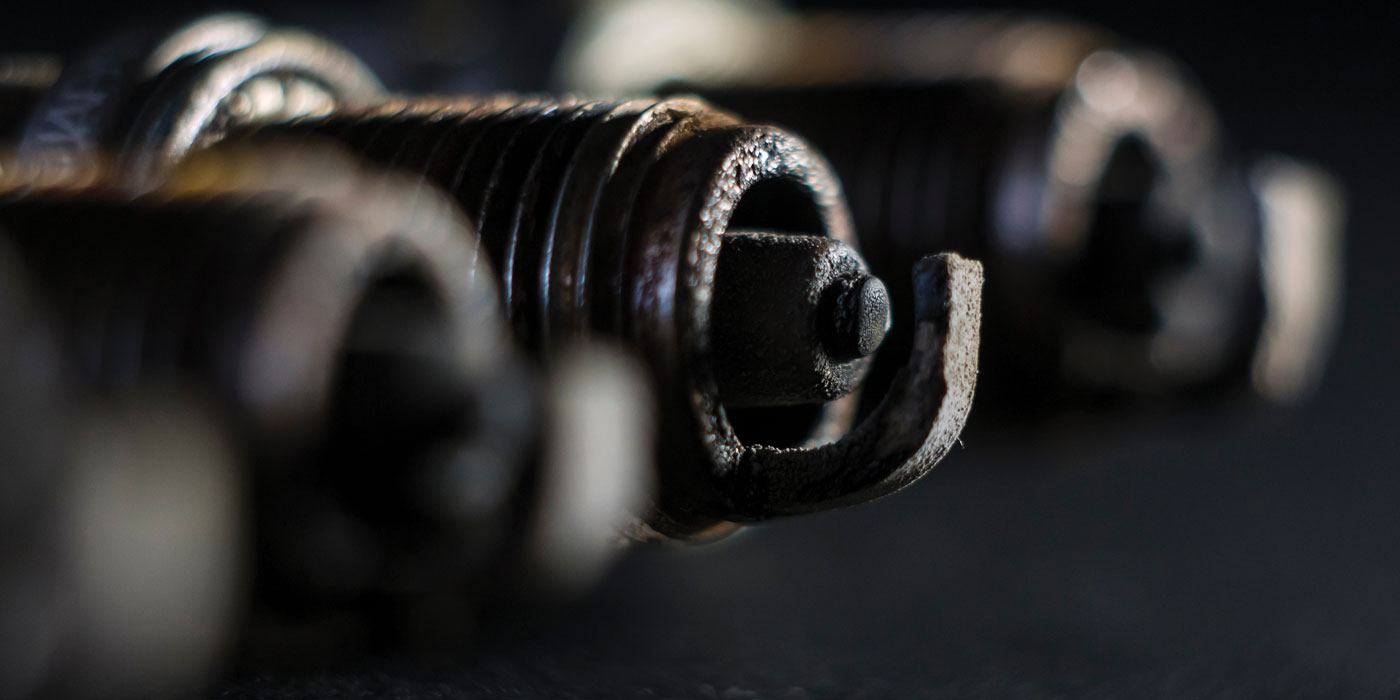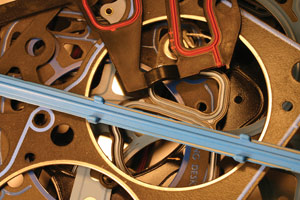 MAJOR COMPONENTS & FUNCTIONS
MAJOR COMPONENTS & FUNCTIONS
* Head gaskets — Seal the cylinder head to the engine block. The gasket has a solid or perforated steel core that may be faced on one or both sides with a nonasbestos gasket material or graphite. The face of the gasket may have an anti-friction or silicon coating to improve sealing. Combustion armor around the cylinders protects the gasket from burn-through. Many newer engines use a laminated or “Multi-Layer Steel” (MLS) type of head gasket that typically has three to five layers of steel. Most head gaskets cannot be reused and must be replaced if the cylinder head is removed. Replacement gaskets may the same type of construction and material as the original, or different. MLS gaskets are available as an upgrade for many engines that were not originally equipped with these gaskets.
Most common causes of head gasket failure are engine overheating and detonation. Gasket failure may allow coolant to leak into the cylinder or crankcase, and/or compression to be lost between adjacent cylinders.
* Valve cover and oil pan gaskets — Seal the valve covers and oil pan to the engine. Cork gaskets can dry out over time, become brittle, crack and leak oil. Molded silicone rubber gaskets are longer-lived but swell when exposed to oil, so should not be reused.
* Timing cover gaskets — Seal the timing cover to the front of the engine. May be paper, cork or molded rubber. Replacement is required when changing timing gears or chain, or a crankshaft driven oil pump.
* Intake manifold gaskets — Seal the intake manifold to the cylinder heads and engine block. May be steel-reinforced or plain nonasbestos material, or composite plastic construction. Coolant and vacuum leaks are common problems that often require replacing the intake manifold gaskets.
* Exhaust manifold gaskets — Seal the exhaust manifolds to the cylinder head exhaust ports. Usually graphite, MLS or a high-temperature steel-reinforced nonasbestos material. Scrubbing action created by high-exhaust temperature can lead to leaks.
* Crankshaft seals — Seal both ends of the crankshaft to prevent oil from leaking out of the crankcase. Leaks require replacement.
* Valve guide seals — Installed on top of the valve guides to prevent too much oil from being drawn down the guides. Worn valve guide seals is a common cause of high oil consumption.
RELATED ITEMS
* Gasket sets — Gaskets are often sold in sets, and include all the gaskets, seals and plugs that may be required for a particular repair job (replacing an intake manifold, timing cover, cylinder head or overhauling the engine).
* Gasket sealer — May be required for cork or paper gaskets. Makes installation easier and reduces risk of leaks. Sealer should NOT be used on coated gaskets or silicone/rubber gaskets.
* RTV silicone sealer — May be used in place of conventional cut gaskets for many applications.
* Crankshaft Repair Sleeves — Can be slipped over the end of the crankshaft to restore a worn sealing surface.
* TTY head bolts — Engines that use MLS head gaskets often have torque-to-yield (TTY) head bolts that should not be reused when the gasket is replaced.
INSTALLING GASKET PARTS
All of the old gasket material must be carefully scraped away with a flat scraper. Using abrasive disks are not recommended because the abrasive may remove metal and leave a depression on the surface. Using a chemical gasket remover saves time and effort by loosening the old gasket material. This type of product also reduces the risk of scratching or gouging the sealing surface.
Both mating surfaces must be clean, smooth and flat for a gasket to seal properly. Bent or damaged flanges, scratches and pitting can cause leaks. Cylinder heads and/or the engine deck may have to be resurfaced if flatness or surface finish does not meet specifications.
Most head gaskets are installed dry (no sealer). The cylinder head bolts must be tightened with a torque wrench and/or angle gauge to the OEM specifications following a certain sequence. This must be done to evenly load otherwise it may not seal properly and leak.


